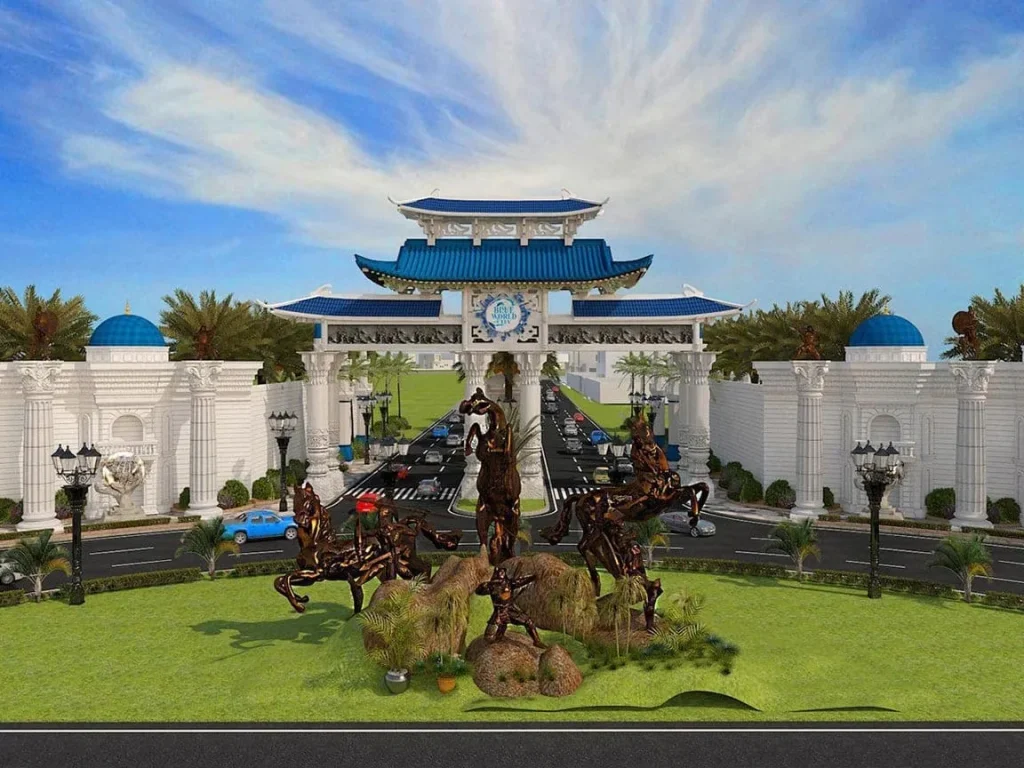In a rapidly evolving global landscape marked by uncertainty, digital transformation, and a renewed focus on community and sustainability, the term “Plangud” has emerged as a compelling concept. While not yet mainstream, Plangud is increasingly being discussed in philosophical, ecological, and socio-cultural circles as a framework for intentional, adaptive living that prioritizes purpose, harmony, and resilience.
What Is Plangud?
Plangud is a neologism that combines elements of planning, goodness, and guidance. It refers to a holistic approach to life and systems design where planning is not merely strategic or logistical but deeply ethical and adaptive. At its core, Plangud suggests “purposeful planning guided by values and sustainability.”
Rather than emphasizing rigid goal-setting or efficiency alone, Plangud encourages long-term thinking aligned with well-being—individual, societal, and environmental. It bridges rational foresight with moral responsibility, blending head and heart in decision-making processes.
Origins and Interpretations
Though its exact origin remains obscure, Plangud seems to draw from various traditions:
-
Indigenous knowledge systems, where planning and living are intimately tied to ecological rhythms.
-
Eastern philosophies, particularly Taoism and Buddhism, which emphasize flow, intentionality, and alignment with natural order.
-
Modern systems thinking, including permaculture and regenerative design, which view planning as adaptive, cyclical, and values-driven.
Some interpret Plangud as a counterpoint to exploitative models of growth—offering an alternative blueprint that prioritizes well-being over profit and resilience over control.
Plangud in Action: Contemporary Applications
The relevance of Plangud is increasingly visible across multiple domains:
1. Sustainable Urban Planning
Cities worldwide are adopting more participatory, nature-integrated planning methods. Plangud promotes cities designed for people and planet, where walkability, green spaces, and social equity are prioritized.
2. Personal Life Design
As individuals seek more meaning in their careers and lifestyles, Plangud offers a values-aligned planning model. It supports mindful goal-setting that harmonizes ambition with well-being and community impact.
3. Organizational Strategy
Companies embracing ESG (Environmental, Social, and Governance) principles are moving closer to Plangud by embedding ethical foresight into corporate planning—creating systems that are not only profitable but also regenerative.
4. Education and Youth Development
Educational frameworks inspired by Plangud focus on curiosity, critical thinking, and life skills rather than rote memorization. They prepare students for a future that demands adaptability and ethical intelligence.
Why Plangud Matters Today
We live in a time defined by polycrisis—climate change, economic inequality, technological disruption, and cultural fragmentation. Traditional planning approaches often fall short in addressing the complexity of these interconnected challenges.
Plangud matters because it:
-
Embraces complexity without defaulting to control.
-
Centers values and ethics in every stage of planning.
-
Fosters resilience and adaptability, not just efficiency.
-
Connects personal purpose with collective well-being.
It’s a timely reminder that good plans are not just smart—they are wise.
Conclusion:
As we look to the future, the need for more thoughtful, ethical, and resilient planning has never been clearer. Plangud is not just a concept; it’s an invitation—to pause, reflect, and plan with purpose.
Whether you’re an urban designer, a policymaker, an entrepreneur, or simply someone trying to navigate life more mindfully, the principles of Plangud offer a valuable compass. It’s time we redefined what it means to plan well—and plan good.











